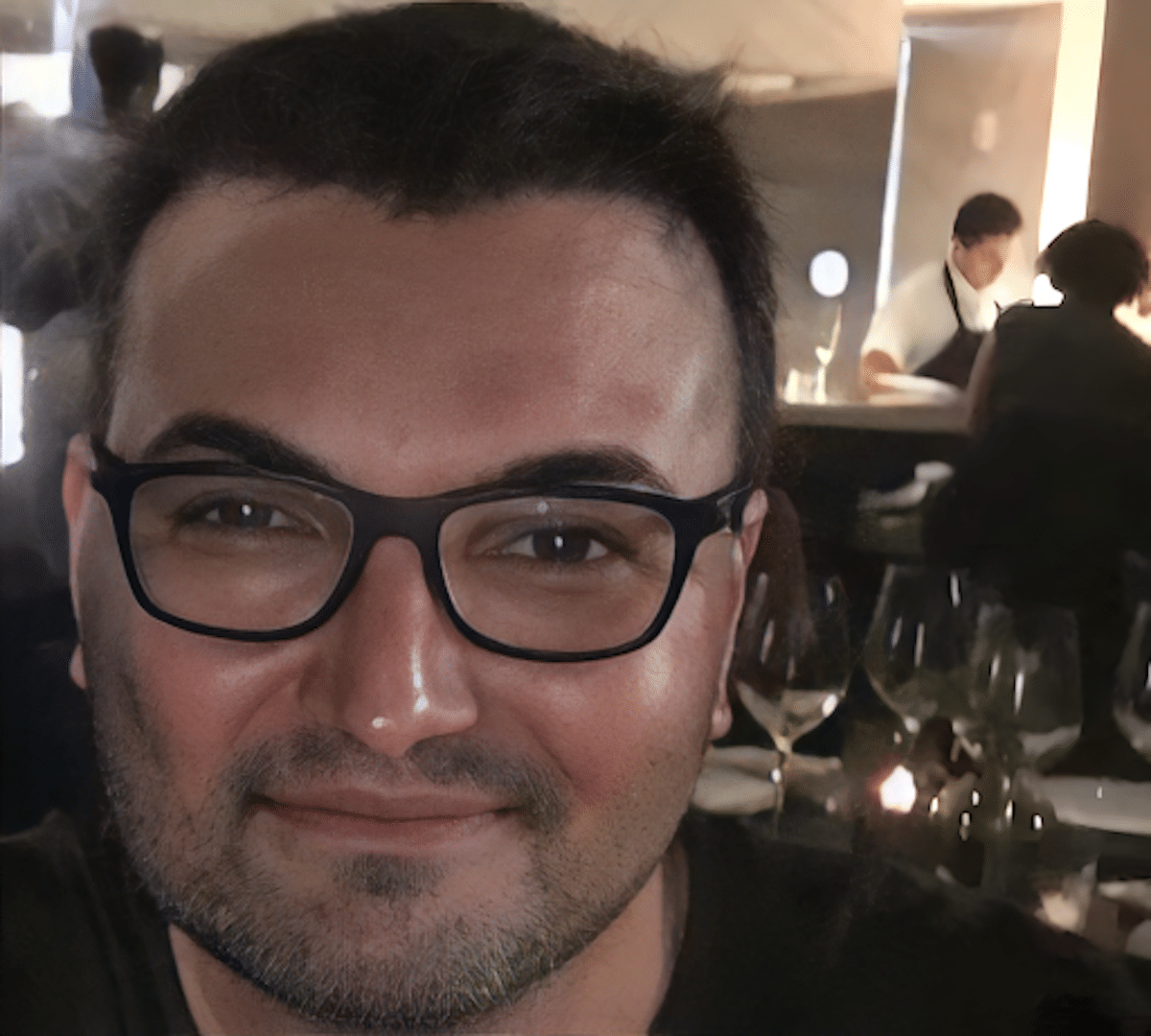Cousin Pat aka Dr. Patrick Argiro makes it a point to continue to grow his knowledge in the field of mental health as well as continue to network with other mental health professionals so he can continue to grow as a licensed mental health counselor as well as expand his knowledge base and through this growth have more resources for himself and his clients. Cousin Pat will always put the client first and if that means another clinician or provider is better suited for a particular person or a situation then Dr. Argiro will make those introductions and allow the growth and development to continue even if he is not directly involved at a certain point.
Cousin Pat believes that by joining professional organizations it helps to develop as a mental health clinician and to learn new and progressive ideas and techniques.
In other words, Cousin Pat aka Dr. Patrick Argiro believes there are additional benefits to joining a mental health professional organization, including:
- Professional Development: Many mental health professional organizations offer training, continuing education, and networking opportunities that can help you stay up to date with the latest research and trends in your field. This can help you grow professionally and improve the quality of care you provide for your clients.
- Advocacy and Policy: Mental health professional organizations often advocate for policies and legislation that benefit the mental health community. By joining an organization, you can have a voice in shaping the policies that affect your practice and your clients.
- Community and Support: Joining a mental health professional organization can help you connect with other professionals in your field, share ideas and resources, and provide support for one another. This can be especially valuable if you work in a solo practice or a small clinic.
- Credibility and Recognition: Being a member of a professional organization can enhance your professional credibility and give you recognition in your field. This can be especially important for building trust with clients and referral sources.
- Access to Resources: Many mental health professional organizations offer access to resources such as research articles, assessment tools, and best practice guidelines. These resources can help you stay informed and provide the best possible care for your clients.
Overall, joining a mental health professional organization can help you grow professionally, make a positive impact on the mental health community, and enhance your practice.
Here is a brief overview of each organization Cousin Pat is currently a member of:
- NAMI – National Alliance for Mental Illness: NAMI is the largest grassroots mental health organization in the United States. Their mission is to provide support, education, and advocacy for individuals and families affected by mental illness.
- NCTSN – The National Child Traumatic Stress Network: NCTSN is a network of organizations and individuals focused on improving the quality of care for children and adolescents who have experienced trauma. Their mission is to raise awareness, provide education and training, and promote the use of evidence-based practices for trauma treatment.
- CTAA – Complementary Therapists Accredited Association: CTAA is an international organization that provides accreditation and support for complementary therapists. Their mission is to promote the highest standards of practice in the field of complementary therapy.
- National Anger Management Association: The National Anger Management Association is a professional association for anger management providers. Their mission is to promote effective anger management strategies and provide resources and support for professionals in the field.
- The ACPE – Association for Clinical Pastoral Education: ACPE is a professional association for spiritual care providers, including chaplains, clergy, and pastoral counselors. Their mission is to promote the integration of spirituality and healthcare and to provide education and support for spiritual care providers.
Conclusion
Clinical professionals should consider joining an organization that offers continuing education on new and exciting topics that can benefit everyone, especially in the field of mental health.


